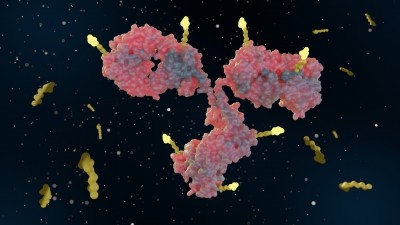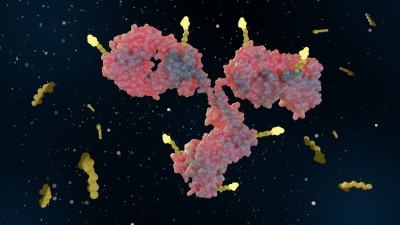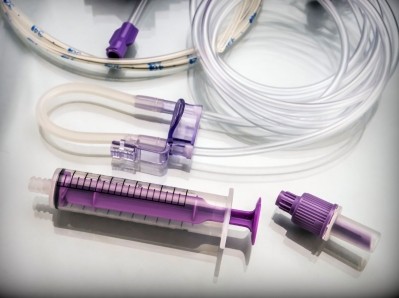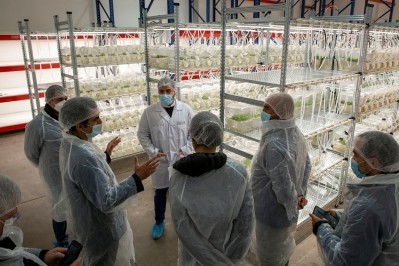Adcendo and Multitude target cancer resistance to ADCs in $1BN deal
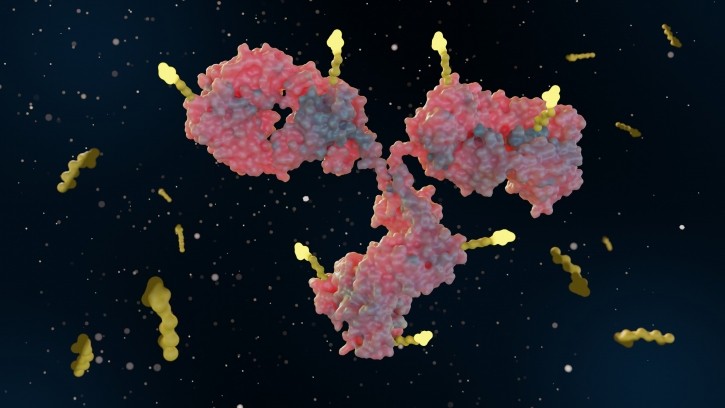
According to the deal terms, Multitude can expect upfront and development, regulatory and commercial milestone payments totalling more than $1 billion. The Chinese firm is also eligible for up to low double-digit royalty payments on potential sales in the future.
The ADC candidate
ADCs consist of an antibody that is paired with an anti-cancer drug via a chemical linker. The antibody is designed to guide the anti-cancer drug to a tumor and drop its payload, killing cancer cells more selectively and with fewer side effects than chemotherapy.
The candidate in focus for Adcendo, ADCE-T02, uses an antibody that seeks out a target called tissue factor, which is highly expressed in a number of solid tumors including non-small cell lung cancer, colorectal cancer and cervical cancer. The payload, called exatecan, kills cells by blocking a target called topoisomerase I and is connected to the antibody carrier via a hydrophilic linker called T1000.
The candidate is due to begin clinical testing in Australia later this year and is in preparation to get regulatory clearance for clinical testing in the US.
Adcendo CEO Michael Pehl said in a public release that Multitude’s candidate “perfectly complements our existing unique first-in-class ADC pipeline and allows Adcendo to become a clinical-stage biotech company in Q4 2024.”
He added that the “highly differentiated profile of ADCE-T02 will enable a full capture of the potential of this target and will hopefully bring tangible progress to cancer patients in need.”
Multitude’s T1000-exatecan platform is designed to be more stable and better at overcoming cancer resistance to ADCs than other ADCs. It is also intended to be better at destroying neighboring cancer cells in a phenomenon called the bystander effect.
ADCs in the spotlight
Though ADCs have been in the market for decades, they have recently become a big draw for investments due to major technological advances and an increasing focus on precision medicine. The market for ADCs is expected to grow by 9.4% per year from $12.75 billion in 2024 to around $28.61 billion by 2033. ADC-focused startups are bagging big funding rounds amid the soaring interest, with Adcendo itself extending its Series A round to €98 million ($109 million) earlier this year.
Major pharmaceutical companies are also snapping up the most promising ADC candidates, including the $43 billion takeover of Seagen by Pfizer in 2023 and AbbVie’s acquisition of ImmunoGen for $10 billion in 2024.
